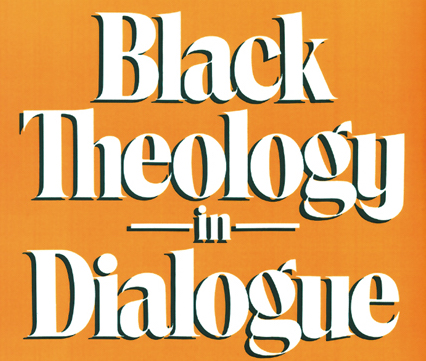In 1948 the Bible Presbyterian Church, a quasi-fundamentalist evangelical denomination, sent a 36-year-old pastor and his family to Europe to check on the state of the church after World War II. The family settled in Switzerland and worked mostly in child evangelism before coming back to the United States in the early 1950s on furlough. They returned in 1955 and settled down in a village called Huemoz, a small Swiss village about one mile up into the Swiss Alps near Lausanne. At that time their oldest daughter began attending university and would bring her friends back home with her to visit on weekends.
Login to read more
Sign in or create a free account to access Subscriber-only content.
Topics:
